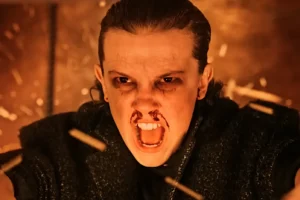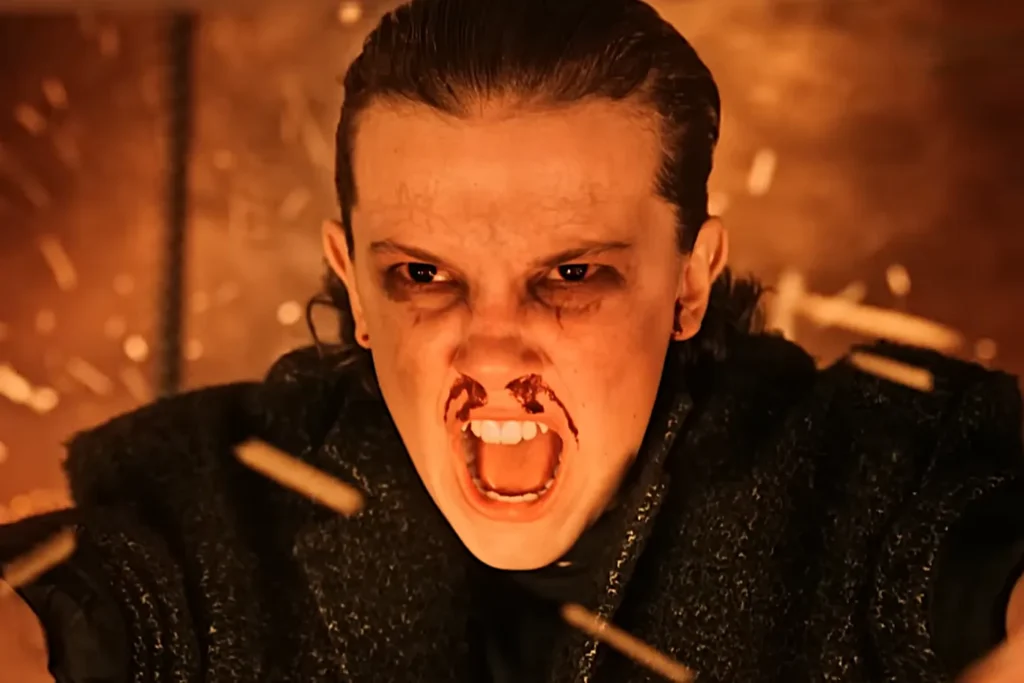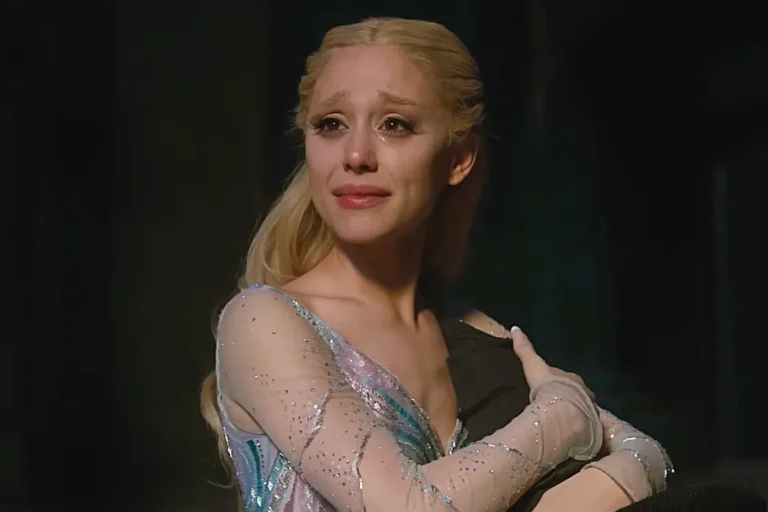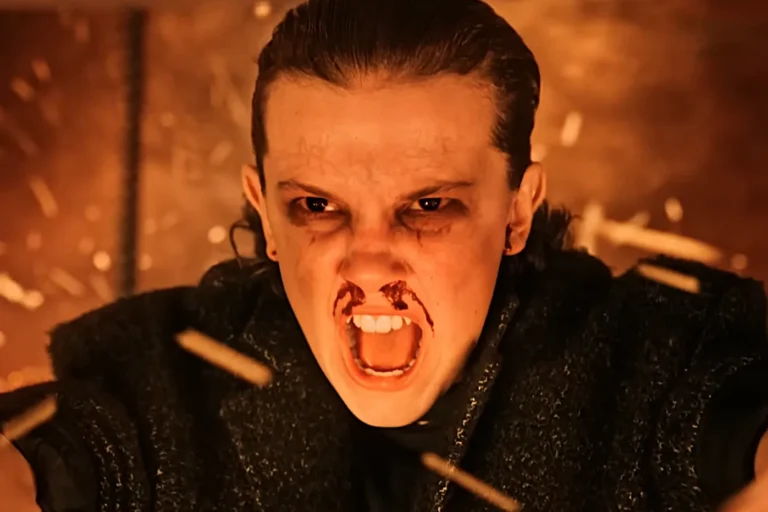Summary:
- Friday the 13th superstition stems from religious and historical associations with both the number 13 and the day Friday.
- The 1980 Friday the 13th horror film franchise capitalized on this superstition, amplifying its pop culture presence.
- The taboo likely gained traction centuries after biblical events and is often linked to magical thinking and taboo avoidance.
Friday the 13th continues to capture public attention due to its reputation for misfortune. The day is rooted in deep-seated cultural and historical taboos surrounding the number 13 and the day Friday. These associations, strengthened by popular media, particularly horror films, have turned this date into one of the most widely recognized superstitions in Western culture.
Why Is Friday the 13th Considered Unlucky?

The superstition that Friday the 13th brings bad luck is a combination of two long-standing taboos. First, the number 13 has historically been viewed as irregular or incomplete, particularly when compared to the culturally significant number 12. In numerology and various traditions, 12 is seen as a symbol of wholeness — 12 months in a year, 12 zodiac signs, 12 apostles. By contrast, 13 is considered unstable.
Meanwhile, Friday also developed a reputation for misfortune. In Christian tradition, Jesus was crucified on a Friday. Folklore also claims that Eve gave Adam the forbidden fruit on a Friday and that Cain killed Abel on the same day. Over centuries, Friday became associated with sorrow or disaster.
When these two taboos — the number 13 and the day Friday — intersect, the result is a day marked by heightened superstition. This connection may have been solidified by historical events such as the mass arrest of the Knights Templar on Friday, October 13, 1307, under orders from King Philip IV of France. Though historians question whether this event directly influenced the superstition, it is commonly referenced in discussions about the date’s ominous reputation.
READ MORE: Does Jeremiah Die in The Summer I Turn Pretty Season 3
How Did the Film Friday the 13th Influence the Superstition?

The Friday the 13th film franchise significantly impacted how the date is perceived in popular culture. The original 1980 horror film directed by Sean S. Cunningham took direct inspiration from the superstition. While the first film only loosely referenced the fear surrounding the date, the title alone was enough to deepen public fascination with Friday the 13th.
The series introduced Jason Voorhees, who would later become one of horror’s most iconic characters, and associated violent, deadly events with the infamous date. The success of the franchise — which includes 12 films, a TV show, books, and games — helped transform Friday the 13th from an old superstition into a modern pop culture fixture.
Retailers and marketers often capitalize on the date with themed sales or events. In 2025, for example, Friday the 13th falls only once, on June 13. Food chains like Krispy Kreme and Chipotle have used the date to offer special deals. Even the tattoo industry has found opportunity on this day, offering discounts on Friday the 13th-themed tattoos.
READ MORE: Ballerina Ending: Director Reveals Theory Behind Eve’s New Bounty
What Do Experts Say About Friday the 13th’s Superstitious Power?

According to Dr. Phil Stevens, a retired anthropology professor and author of Rethinking the Anthropology of Magic and Witchcraft: Inherently Human, the fear of Friday the 13th is best understood through the lens of “magical thinking.” He defines magical thinking as the belief in a causal link between two unrelated events — in this case, the convergence of a taboo number and a traditionally unlucky day.
Dr. Stevens also calls this belief system a form of taboo — a cultural mechanism to avoid forming potentially harmful connections. The superstition around Friday the 13th, he notes, didn’t become widespread until roughly a millennium after the crucifixion of Jesus, indicating that cultural memory and religious interpretation gradually influenced its modern-day interpretation.
While some people still avoid travel, business deals, or major decisions on Friday the 13th, the taboo may be weakening. As Dr. Stevens suggests, society’s growing acceptance of the number 13 — with more people seeing it as lucky or even desirable — may erode the superstition over time.
READ MORE: Songs In Wicked For Good Trailer
Is Friday the 13th Still Feared Today?
Despite modern skepticism, the superstition surrounding Friday the 13th persists. Many buildings still skip the 13th floor, airlines avoid labeling Row 13, and some travelers reschedule flights to dodge the unlucky day. Insurers even track changes in claim patterns on Friday the 13th, although there is no consistent data showing increased accidents.
The ongoing influence of the Friday the 13th franchise, social media, and sensational headlines keeps the superstition in public consciousness. In 2026, the superstition may gain renewed attention, as the calendar will feature three instances of Friday the 13th — in February, March, and November — providing ample material for fear and fascination alike.
Source: USA Today
Stay updated with the Latest News and Stories, follow us on our social media platforms.
You can follow us on:
Stay Connected!! Join our Whatsapp Channel











